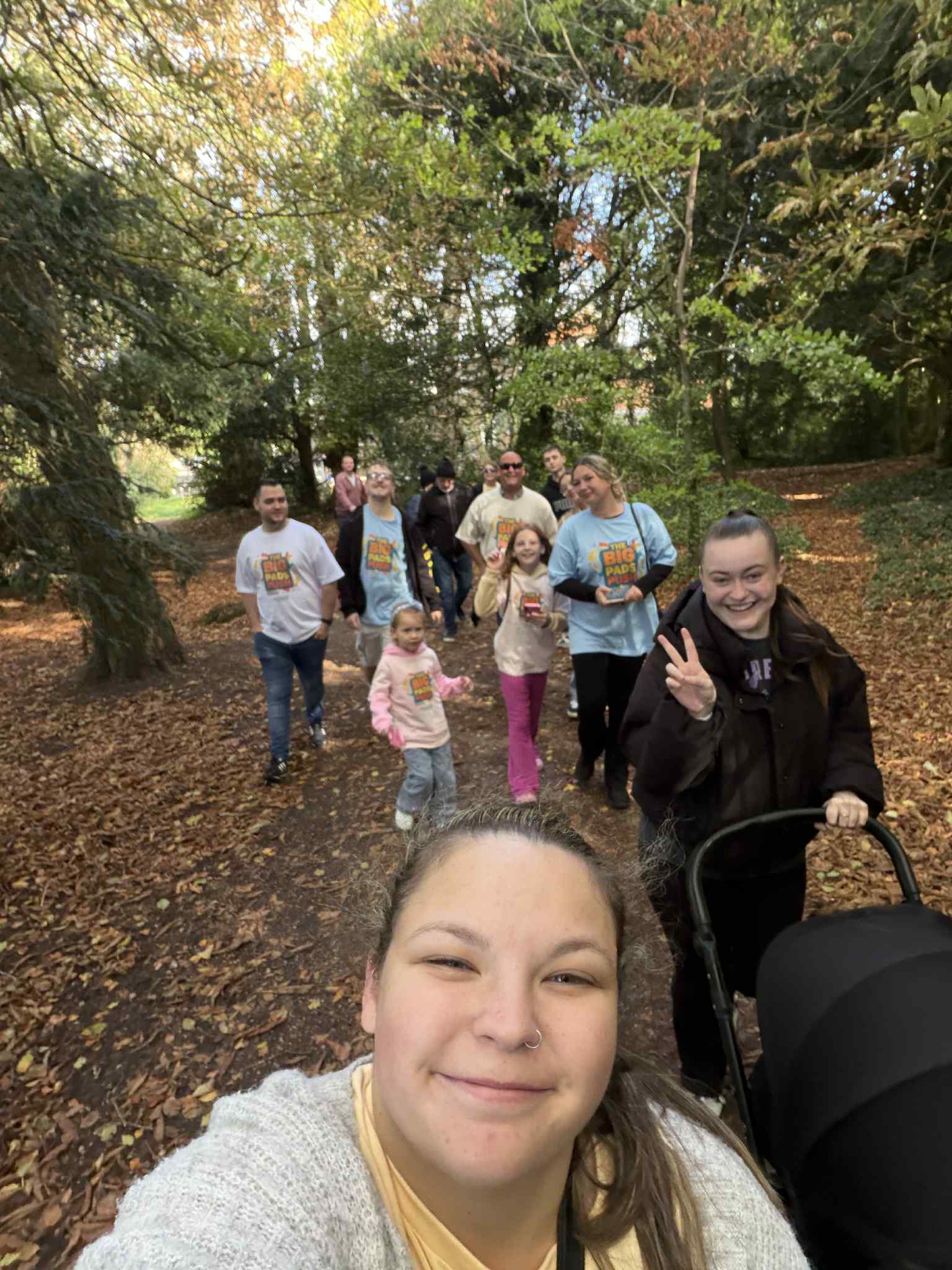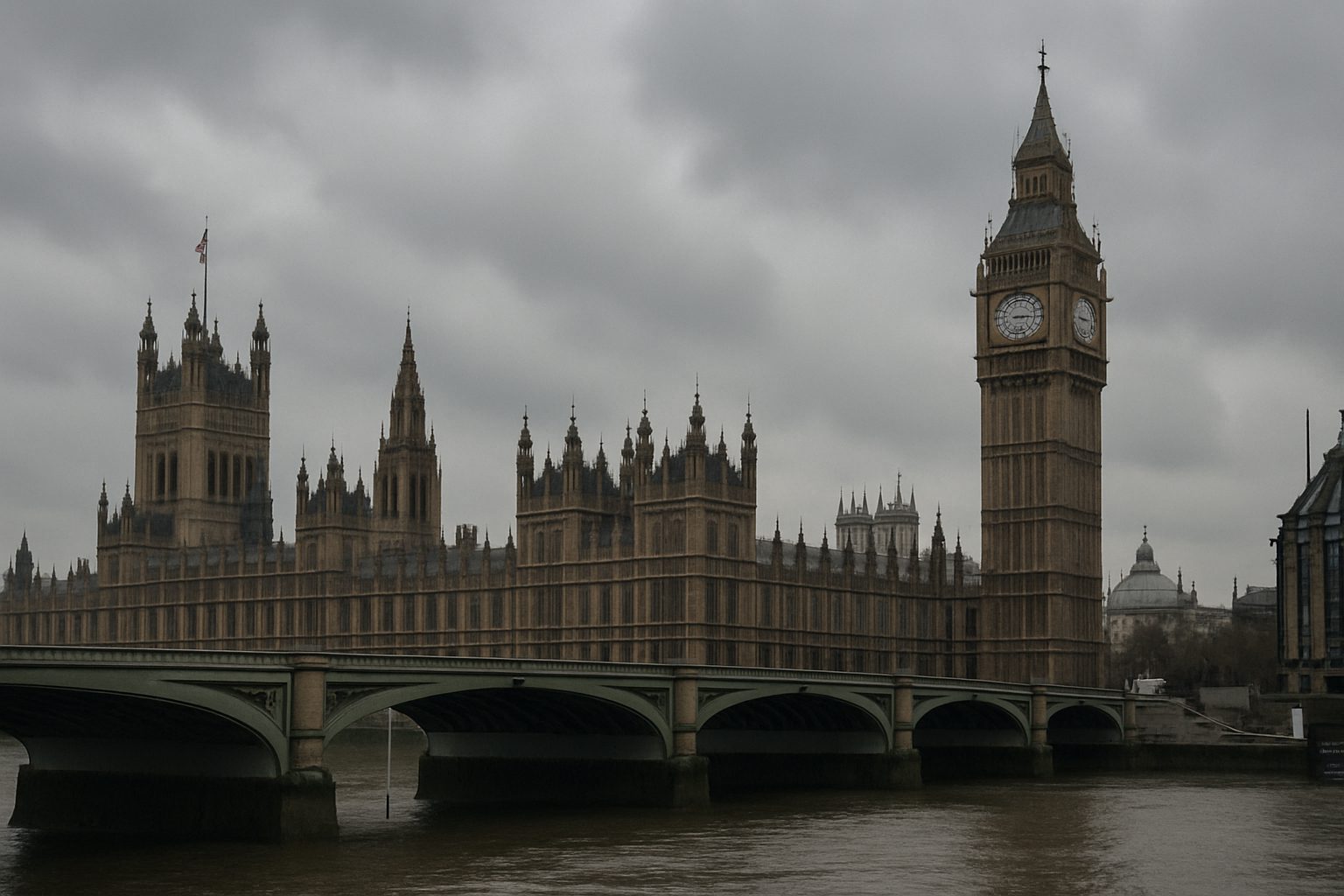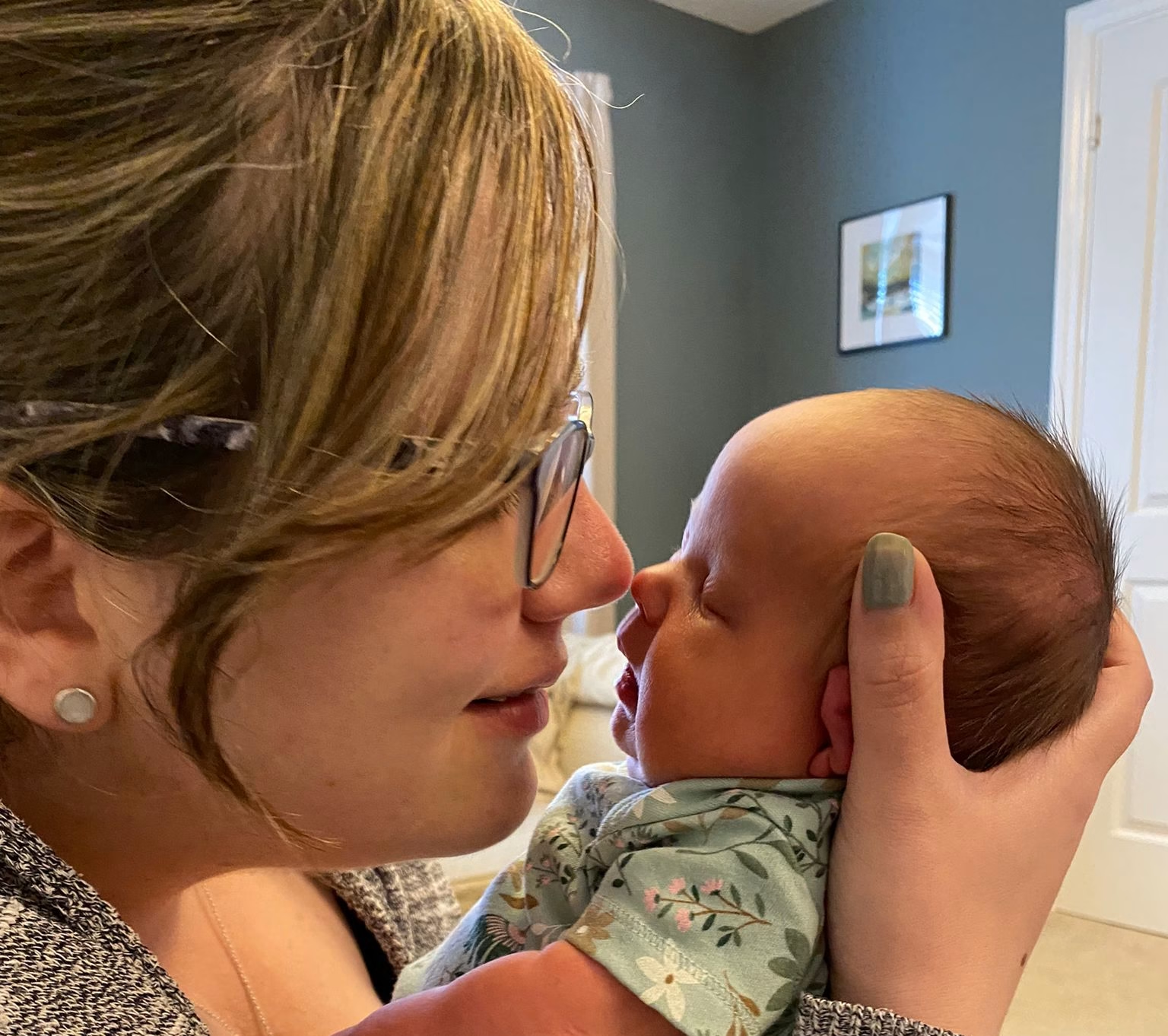- by Down Syndrome UK
The Down Syndrome Act 2022 is the first law in the world to specifically recognise people with Down syndrome and require public bodies to meet their needs through statutory guidance
In 2019, DSUK’s CEO Nicola Enoch and Trustee Caroline Warren invited other committed parents, siblings, and advocates for people with Down syndrome to discuss the lack of Parliamentary representation for the Down syndrome community. This group went on to establish the National Down Syndrome Policy Group (NDSPG), which in May 2021 provided the secretariat for the newly formed All-Party Parliamentary Group on Down Syndrome (APPGDS).
Among the founding officers were DSUK’s CEO Nicola Enoch, Trustee Caroline Warren, and Patrons Heidi and James Carter. The APPGDS aimed to ensure that the voices of people with Down syndrome and their families were heard in Parliament. Members highlighted how individuals with Down syndrome were too often overlooked in health, education, and social care, with families frequently having to fight for appropriate support and professionals lacking Down syndrome-specific training.
Within a month, in June 2021 the NDSPG had persuaded Dr Liam Fox to use his Private Member’s Bill opportunity to support the creation of a Down Syndrome Act. Generally Private Member’s Bills have little chance of becoming law, but with cross-party support and passionate advocacy from families across the country, the Bill succeeded. In April 2022, it became the Down Syndrome Act.
The Act requires the Secretary of State for Health and Social Care to produce statutory guidance explaining how public bodies should meet the needs of people with Down syndrome. This guidance covers health, social care, education and housing, and is now open for consultation until 28 January 2026.
Clearer expectations and accountability
Families have long faced a postcode lottery. The support available often depends on where you live or who you speak to.
The Act changes this. Once finalised, every local authority in England, NHS body, school and housing provider must have due regard to the guidance. They’ll need to show how they have considered the needs of people with Down syndrome when planning or delivering services.
For families, this creates a new level of accountability. If something isn’t working, you can ask:
“Can you show how you’ve had due regard to the Down Syndrome Act guidance?”
It’s a practical tool for ensuring promises lead to real change.
Better-informed professionals
The guidance highlights the specific health, learning and communication profile of people with Down syndrome and calls for training to reflect this.
Professionals across all sectors will be encouraged to understand Down syndrome better, from early years through to adulthood.
That means:
- healthcare teams recognising and monitoring common health conditions,
- teachers adapting the way they teach and communicate,
- and social care and housing staff planning support that builds on individual strengths.
When professionals are better informed, support becomes consistent, proactive and person-centred.
Recognising communication and accessibility needs
Good communication is essential for inclusion. The guidance makes clear that services must provide information in ways people can understand – such as easy read, Makaton, pictures or videos.
Letters, forms and appointments should be accessible. Staff should have the time and tools to communicate clearly and respectfully.
These simple steps can remove major barriers, helping people with Down syndrome to potentially participate more fully in decisions about their lives.
Stronger advocacy and empowerment
The Act gives families and organisations a clear reference point. It should turn good practice into obligation.
Charities, community groups and advocates can use the guidance to challenge poor practice and promote better training, commissioning and policy.
It’s a practical framework for building fairer, more inclusive systems and for making sure that people with Down syndrome are never an afterthought in local planning.
Why this matters
The Down Syndrome Act 2022 represents far more than a change in law. It’s a statement of belief and commitment – that people with Down syndrome matter, and that society has a responsibility to understand and meet their needs.
It began with the parents and advocates who refused to accept inequality as inevitable. Their determination has given our community a new foundation for progress.
Now it’s up to all of us – families, professionals and decision-makers – to make sure this guidance leads to meaningful, lasting change.
Have your say
The draft guidance is open for public consultation until 28 January 2026. Families, professionals and people with Down syndrome are encouraged to share their views and experiences.
📄 Read and respond to the consultation here.
Together, we can help shape a future where every person with Down syndrome is supported to thrive and truly belong.
Share this post
Author

Down Syndrome UK is a national parent led charity passionate about empowering parents and professionals to improve the lives of those with Down syndrome. We have an amazing community for our families and know how important it is for them to have access to accurate contemporary information and meaningful support.
View all posts







